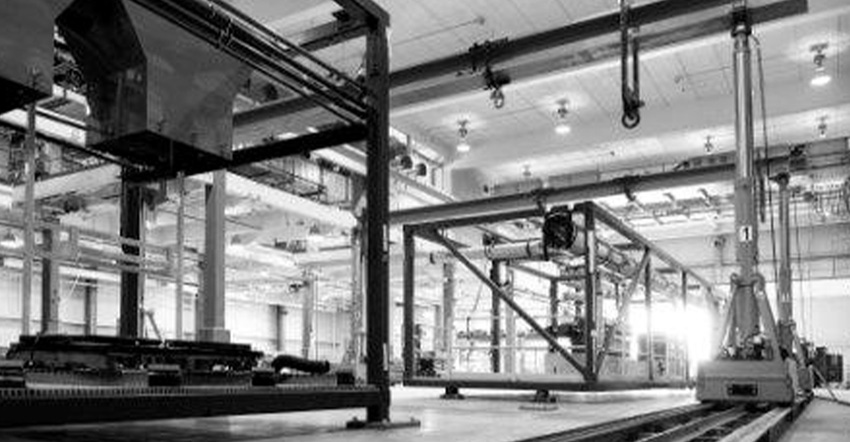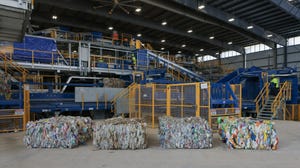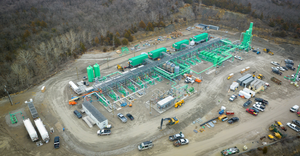Li-Cycle's Interim 2022 ESG Report Shows Alignment with Internal, External Environmental Factors
Lithium-ion battery recycler Li-Cycle recently detailed its road to sustainable battery resource recovery in its 2022 interim Sustainability Report. The company highlighted its environmental, social and governance (ESG) commitments and progress, which included its first formal material materiality assessment involving input from stakeholders.

Lithium-ion battery recycler Li-Cycle recently detailed its road to sustainable battery resource recovery in its 2022 interim Sustainability Report.
The company highlighted its environmental, social and governance (ESG) commitments and progress, which included its first formal material materiality assessment involving input from stakeholders.
Co-Founders Ajay Kochhar and Tim Johnston commented: "Our commitment to sustainability and ESG is at the heart of Li-Cycle’s business and defines our values and culture — it is core to the Company and to our management. Sustainability is also a competitive advantage for Li-Cycle. Our patented technologies enable us to recycle lithium-ion batteries in a more environmentally friendly way than incumbent approaches for recycling."
Toronto-based Li-Cycle was founded in 2016 and listed publicly on the NYSE in a SPAC transaction in August 2021. In the report, the company placed a spotlight on its environmental, health, safety and quality management systems including Environmental Management (ISO 14001), Occupational Health and Safety (ISO 45001), Quality Management (ISO 9001) and Response Recycling (R2) certifications
The report detailed the Li-Cycle's climate strategy as based on double materiality, considering the risk both internal and external factors the company encounters. In a life-cycle analysis (LCA), the company stated that on a per tonne of battery input basis its lithium-ion recycling technology, when compared to traditional processes, provides estimated an emission reduction benefit of up to 67 percent for carbon dioxide, 86 percent for sulfur oxides and 89 percent for nitrous oxides (NOx).
In addition to the reduction in greenhouse gas (GHG) emissions, water usage is lower as well, up to 97. Li-Cycle also began identifying sources of Scope 3 emissions, establishing baselines and targets in line with the commissioning of its Rochester Hub in 2023.
"Our proprietary processes are designed to recycle all types of lithium-ion batteries and recover up to an overall 95 percent recycling efficiency rate while avoiding meaningful solid waste streams to landfill, wastewater discharge and direct air emissions. Our hydrometallurgical process produces zero wastewater discharge," the company noted.
With thermal runway a reality in lithium-ion battery recycling, Li-Cycle addressed this key safety hazard with a "comprehensive program" that began with the design of its Spoke recycling and warehouse facilities. The company mitigated risk with hazard identification exercises and safety measures compliant with local, state/province and national building codes and fire codes. This included a packaging and transportation standard, a warehouse storage standard, fire suppression systems, thermal detection (temperature monitoring) systems, and training and competency program, according to Li-Cycle.
“Our ongoing commitment to ESG is at the heart of our business strategy and vision to create a greener supply of battery-grade materials to support the clean energy transition ethically, responsibly and sustainably,” Johnston, CEO, said. “Our ESG strategy and approach is reflected in the solid foundation of policies and processes we have established at Li-Cycle. We are also committed to continuing to advance our strong ESG performance to deliver value for all our stakeholders.”
About the Author(s)
You May Also Like




